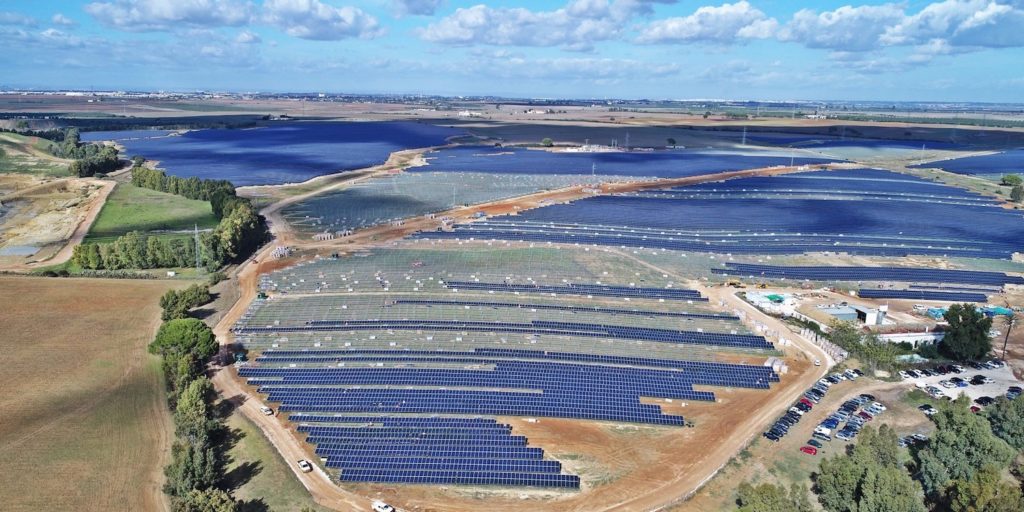From pv magazine Germany.
The Baywa re renewable energy unit of German conglomerate Baywa has announced plans for its first PV plant outside Germany’s renewables incentive scheme.
The 8.8 MW Barth V solar park will be built in western Mecklenburg-Pomerania from next month, the Munich-based company said. Last year, Baywa re built a 175 MW solar plant without subsidies in Spain and sold it to financial investor MEAG.
The power generated at Barth V will be delivered to an industrial customer via a long-term power purchase agreement. Baywa re wants a ten-year term for the PPA and is insisting on a minimum of five years as it continues talks with various interested parties, solar projects MD for the firm Benedikt Ortmann told pv magazine.
Finalization of the PPA is expected before commissioning of the plant, which is set to take place in September. The sale of power will be taken over by the Baywa re Clens energy trading subsidiary of the German conglomerate.
Baywa re has already built several solar parks near the Baltic Sea airport of Stralsund-Barth. The first, 31.5 MW facility went into operation in December 2012; a second, 8.2 MW project followed in July 2013; and a third, 10 MW plant was developed in February 2017.
A new era?
The amortization period for the plant – which will be backed by long-term, non-recourse financing from an undisclosed German bank – was estimated by Ortmann to be 10-12 years.
Baywa plans to divest the project after completion but expects to provide operations and maintenance services at the site.
“We are proud to be able to implement the first subsidy free solar project in Germany – with lower irradiation values – and thus usher in a new era in renewable energy generation,” said Ortmann.
However, Baywa Energy board member Matthias Taft said the arrival of subsidy free solar in Germany should not herald the end of public incentives.
“Although it is possible to implement self-consumption concepts without feed-in tariffs in some cases – in the areas of small and medium-sized industrial plants – support will still be necessary in this segment,” said Taft. “In addition, the promotion of decentralized PV solutions in housing construction is desirable and sensible for the sake of the participation of broad sections of the population.”
This content is protected by copyright and may not be reused. If you want to cooperate with us and would like to reuse some of our content, please contact: editors@pv-magazine.com.




By submitting this form you agree to pv magazine using your data for the purposes of publishing your comment.
Your personal data will only be disclosed or otherwise transmitted to third parties for the purposes of spam filtering or if this is necessary for technical maintenance of the website. Any other transfer to third parties will not take place unless this is justified on the basis of applicable data protection regulations or if pv magazine is legally obliged to do so.
You may revoke this consent at any time with effect for the future, in which case your personal data will be deleted immediately. Otherwise, your data will be deleted if pv magazine has processed your request or the purpose of data storage is fulfilled.
Further information on data privacy can be found in our Data Protection Policy.